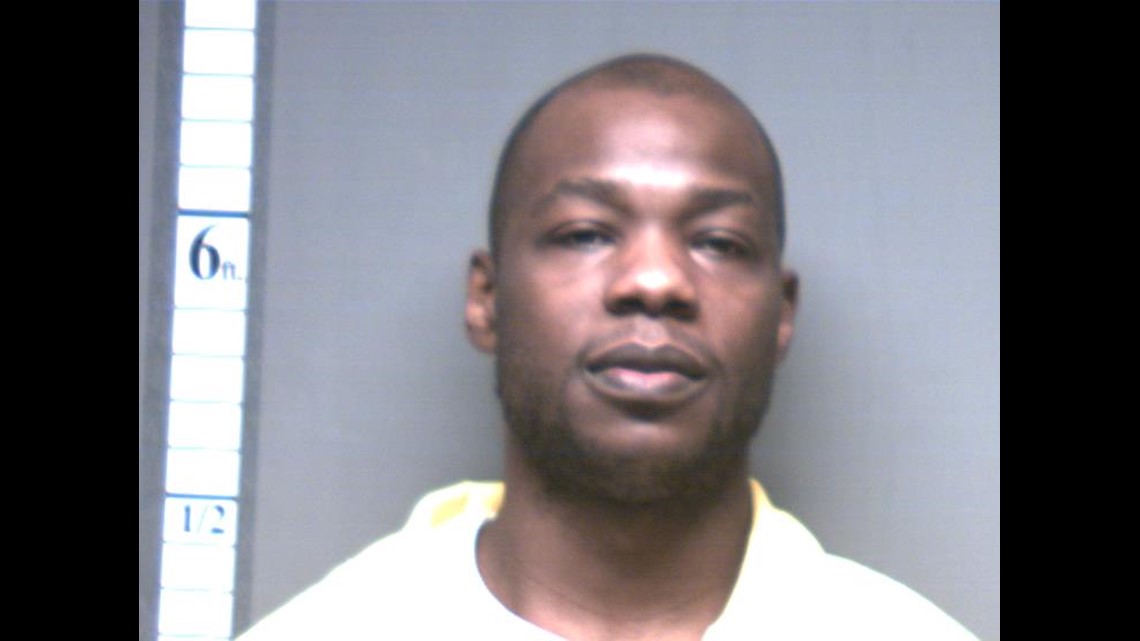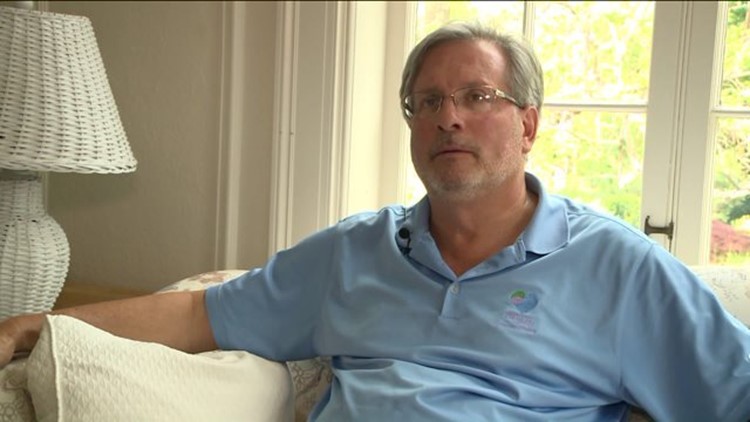HARTFORD -- The Connecticut Supreme Court upheld its landmark ruling declaring the state's death penalty unconstitutional and abolishing capital punishment on Thursday.
The decision affirms the justices’ ruling last August that declared the death penalty unconstitutional for all, including the 11 inmates currently on death row.


Thursday’s high court decision changes the inmates sentence to life in prison, with no possibility of parole.
This decision is not sitting well with a man whose family was taken from him by two of those inmates.
“It brings back all the memories, brings back all the emotions,” Dr. William Petit said referring to Thursday’s decision. “I'm sure most victims, myself included, don't want to live it over and over and over again.”
Steven Hayes and Joshua Komisarjevsky are responsible for the Cheshire home invasion in 2007. The two men sexually assaulted and murdered Dr. Petit’s wife Jennifer Hawke-Petit and their two daughters. Dr. Petit was attacked, but survived.
He is a supporter of capital punishment, believing that is the appropriate penalty for the two men who tore apart his family.
“I think when people willfully, wantingly, without any remorse take someone else's life they forfeit their right to be among us,” he said.
Gov. Dannel P. Malloy and lawmakers in 2012 abolished the death penalty, but only for future murders, which kept the Cheshire killers on death row.
“Those legislatures were doing their job responding to the will of the people, that time, and the governor similarly,” Jim Bergenn with Shipman & Goodwin LLP said. “On the other hand they both know it's the constitution that trumps and the supreme court has to interpret the constitution and if the constitution which protects each of us individually says, sorry legislature you can’t do it, even if they mean well, it doesn't work.”
The court released its 5-2 decision Thursday in the appeal of Russell Peeler Jr., who had been on death row for ordering the 1999 killings of a woman and her 8-year-old son in Bridgeport. The boy, B.J. Brown, was to testify against Peeler in another murder case.
In another death row inmate's appeal last year, justices ruled 4-3 that the 2012 abolishment must apply to those who remained on death row because the death penalty was unconstitutional. Justices reconsidered that decision in Peeler's appeal.
“Today's decision is another example of the ongoing saga where it appears that more attention is paid to the perpetrators, the convicted criminals, than to the victims,” Dr. Petit said.
He said one of the hardest parts of Thursday’s decision is that it reminds victims’ families of what they went through.
“You never forget obviously, your wife, your children, sisters, brothers, mother, father, whatever the case may be, but you put aside some of the anguish of going to court every day or going to jury selection, listening to day after day after day of sometimes what seems like ridiculous testimony,” he said. “This just brings it all back up again and I'm sure it causes a lot of people a lot of nausea, agita, hard feelings, depression, tears, I know that's how I feel every time it gets dug up, so I think it's just difficult for everybody.”
Additional reporting by the Associated Press



